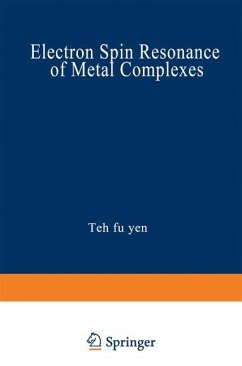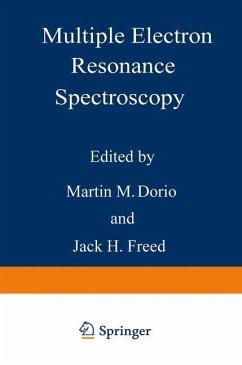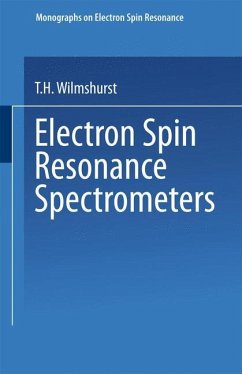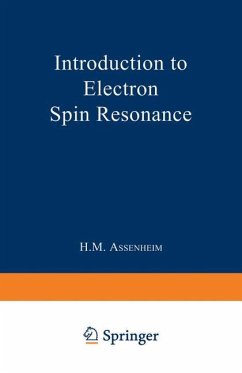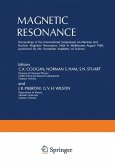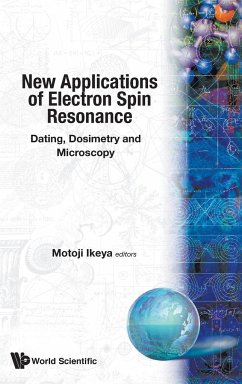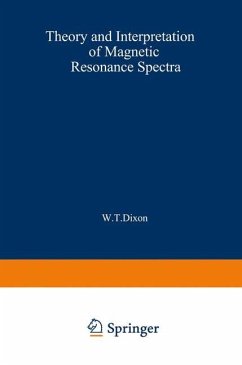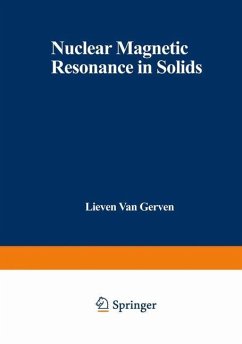For a number of years, there existed a real gap between the science of metal complexes and that of electron spin resonance (ESR). Simple reasons account for this fact. At a certain stage of development the scientists engaged in investigations of metal complexes did not have access to ESR instrumen tation, while on the other hand, ESR theoreticians rarely had an interest in exploring the chemical applications of metal complexes. More recently chemical physicists have started to make intensive efforts to bridge the gap by applying the ESR technique to a wide range of chemical problems, particularly those involving transition metals and their complexes. In large measure the successes of the theory of the electronic structure of transition metal ions are due to the comprehensive and precise results of ESR studies by chemical physicists. On the other hand, chemists also seem to have realized lately that an immense amount of information can be obtained from ESR data. It is obvious, therefore, that a symposium bringing together the various disciplines was necessary, and there was little doubt that in such a symposium a considerable advantage could be gained from the exchange of information among scientists with different research interests. Consequently, a sym posium on "ESR of Metal Chelates" was held on March 4, 1968, at the Pittsburgh Conference on Analytical Chemistry and Applied Spectroscopy, at the Cleveland Convention Center.
Hinweis: Dieser Artikel kann nur an eine deutsche Lieferadresse ausgeliefert werden.
Hinweis: Dieser Artikel kann nur an eine deutsche Lieferadresse ausgeliefert werden.

